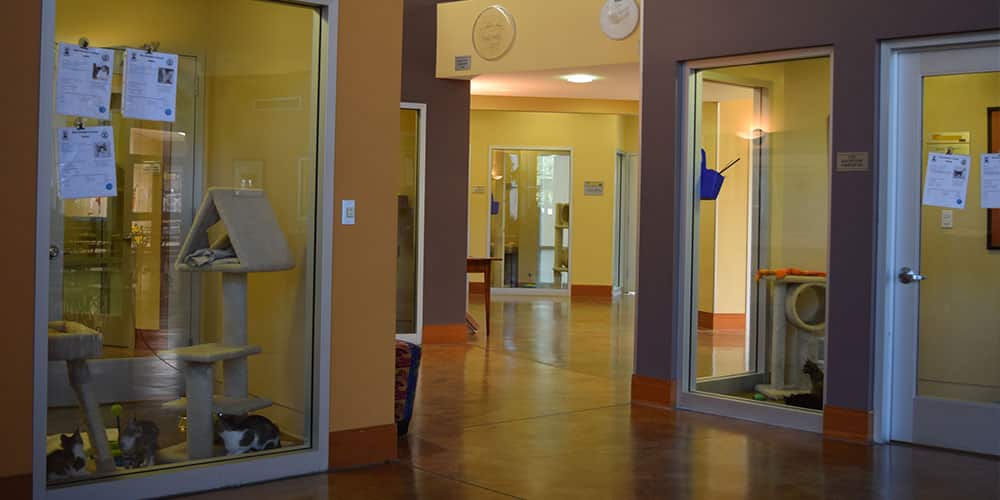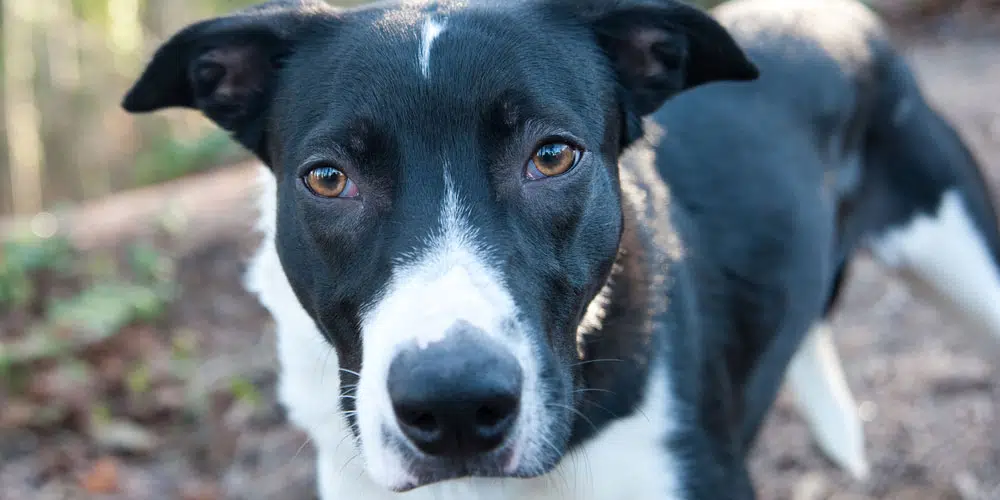-

Dogs and KONG® Toys
KONG rubber toys play an important role in the wellbeing of dogs. The process of licking a stuffed KONG to take the food out is soothing, mentally stimulating, satisfies a natural need, and is also fun! It makes dogs feel …
-

Take Your KONG® and Stuff it!
A KONG is a nontoxic, dishwasher-safe, enrichment toy with a hollow center. By filling this hollow center with food, you can use KONGs as a useful enrichment tool for your dog. They’ll have to work to get food to come …
-

Fourth of July Pet Safety
Fireworks The sound of fireworks can be scary for many animals! If you can hear fireworks from your home, try to keep your pets inside in a quiet, cool, well-ventilated room with a radio or TV playing softly in the …
-

All About Feline Leukemia Virus (FeLV)
What is Feline Leukemia Virus (FeLV)? How is FeLV Spread? FeLV is spread by close contact with other cats. The primary mode of infection is through saliva—mutual grooming, fighting, and (rarely) sharing dishes can transmit infection. An infected mother cat …
-

Feline Immunodeficiency Virus (FIV) FAQ
FIV stands for Feline Immunodeficiency Virus. This virus is in the same family of viruses as FeLV (Feline Leukemia Virus). They are both retroviruses. But the subfamily of FIV is different: It is a lentivirus (or “slow virus”). The other familiar lentivirus to all of us is HIV, which causes AIDS in humans. So, humans…
-

Don’t Be a Kitten-Napper
Community cats — sometimes referred to as feral cats or strays — are free-roaming cats without an owner. They may or may not be social with humans, but they are often well-adapted to their surroundings and either find a food …
-

Facility Rentals
Did you know parts of our facility are available for rental? We’ve hosted a myriad of gatherings, including business events, family get-togethers, canine birthday celebrations, and even a wedding! Our beautiful campus is family-oriented in a park-like setting where people …
-

Emergency Preparedness
Plan Ahead What types of disasters affect your area? Do you have advance warning before the disaster? What can you do to protect your pets in an emergency? What’s it like to rescue animals in a disaster situation—and how can …
-

Lost and Found
Lost Pets Losing your beloved pet can be a scary experience for families and pets alike. It is important to do all of the following steps in order to reunite with your pet. The best chance a pet has of returning …
-

Community Cats
Trap-Neuter-Return The cornerstone of managing community cats is Trap-Neuter-Return (TNR). TNR is the only long-term strategy for humanely controlling the free-roaming cat population. Without spay and neuter as population control, cat colonies multiply quickly. Shelter impoundment and euthanasia is not a viable …











